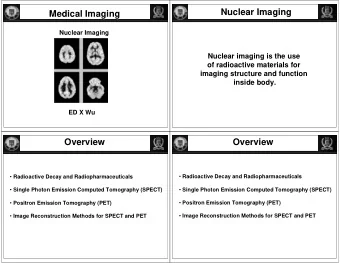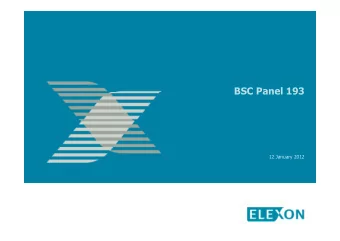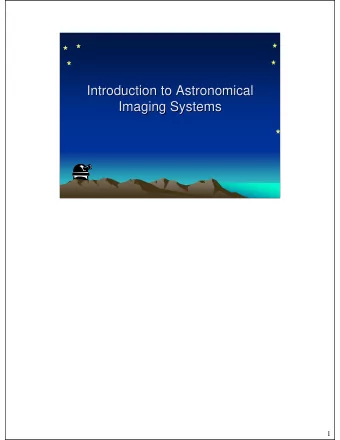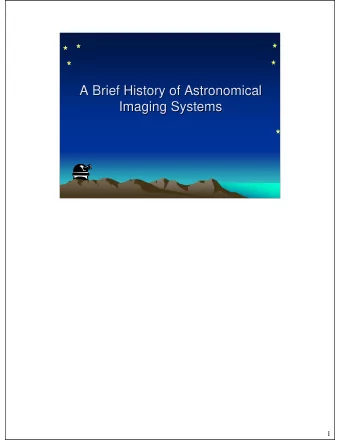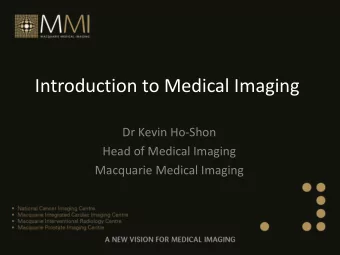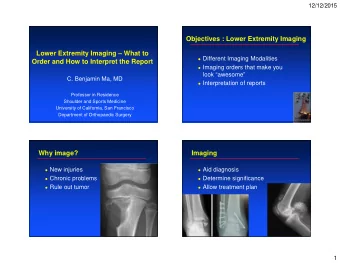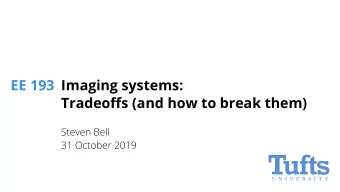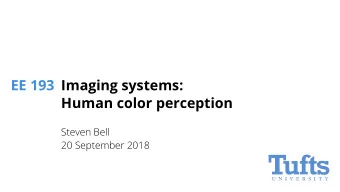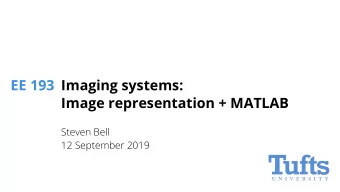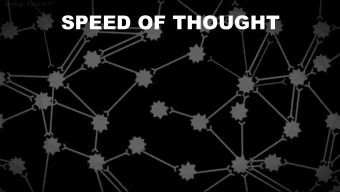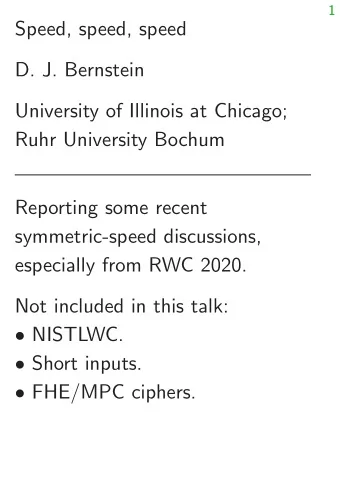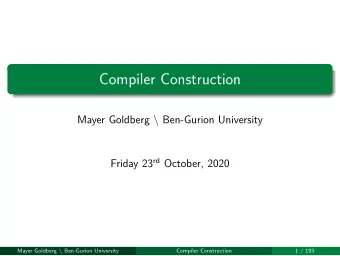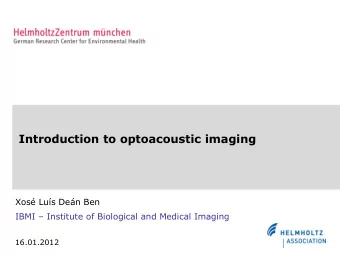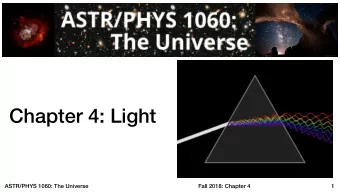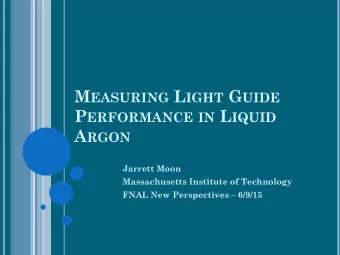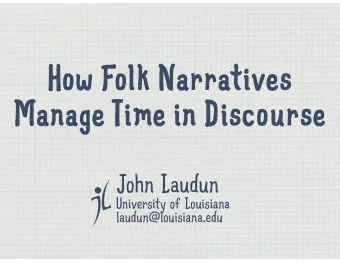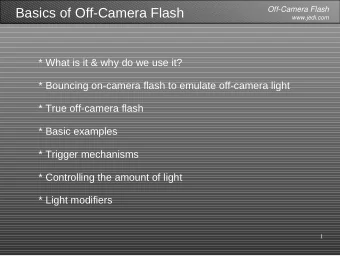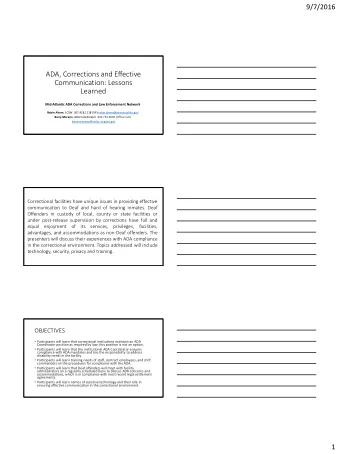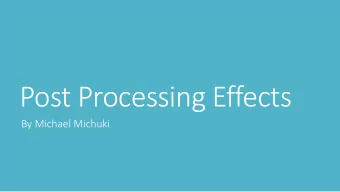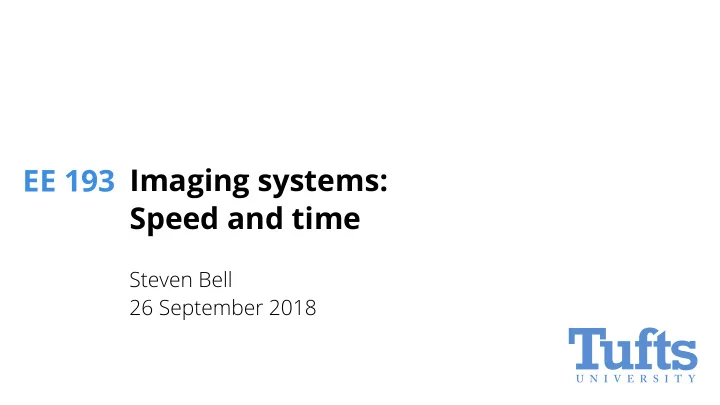
EE 193 Imaging systems: Speed and time Steven Bell 26 September - PowerPoint PPT Presentation
EE 193 Imaging systems: Speed and time Steven Bell 26 September 2018 Lilac chaser http://www.123opticalillusions.com/pages/lilac_chaser.php Afterimages There are two basic sources of afterimages: Bleaching/regeneration (positive
EE 193 Imaging systems: Speed and time Steven Bell 26 September 2018
Lilac chaser http://www.123opticalillusions.com/pages/lilac_chaser.php
Afterimages There are two basic sources of afterimages: Bleaching/regeneration (positive afterimages) Adaptation (negative afterimages)
Bleaching afterimages (A hypothesis by David Jacobs) Cone pigments act as light-dependant catalysts, and have two states re ge ne ra tion prote in light light Re a dy Ble a che d Doe snotcontribute Doe scontribute to transduction to transduction re ge ne ra tion prote in
Bleaching afterimages (A hypothesis by David Jacobs) photon strike efficiency catalytic ready bleached ready pigment regenerated time
Bleaching afterimages (A hypothesis by David Jacobs) Stimulus Bleaching Time 0s 1s 2s 3s 4s 108 107 106 Stimulus Strength 105 (cd/m2 ) 104 103 102 Time 0s 1s 2s 3s 4s
Adaptation afterimages Your eyes (and brain) adapt based on a "gray world" assumption This takes a few seconds, and your eyes are usually moving around.
Flicker fusion The illusion of a blinking light appearing constant Ranges from 20Hz to 60+ Hz in humans. Used in pretty much everything. Nearly every display is blinking if you look fast enough.
5ms exposure
1ms exposure
https://www.puzzleprime.com/motion-illusions/
https://www.puzzleprime.com/motion-illusions/
Recommend
More recommend
Explore More Topics
Stay informed with curated content and fresh updates.
